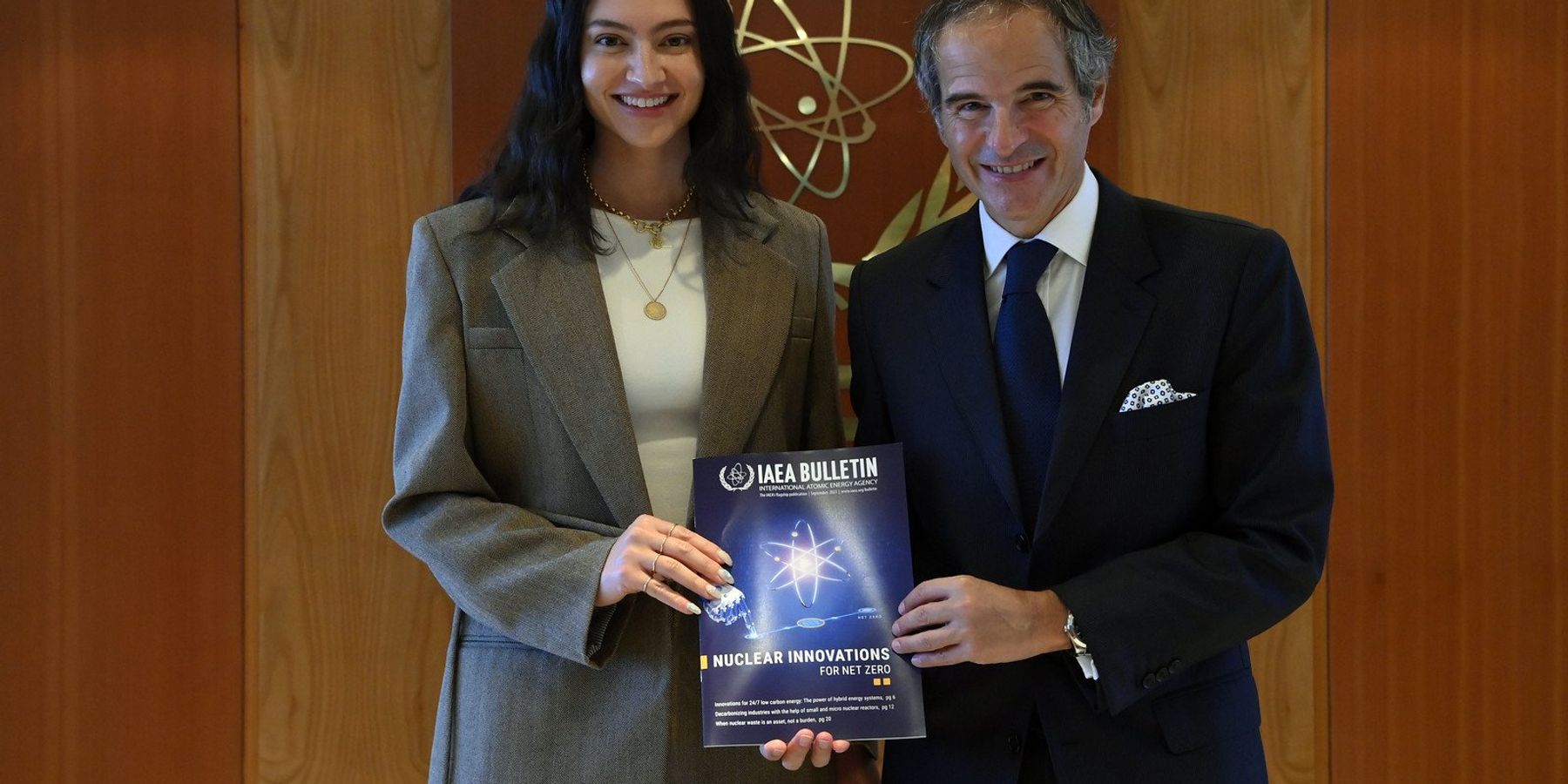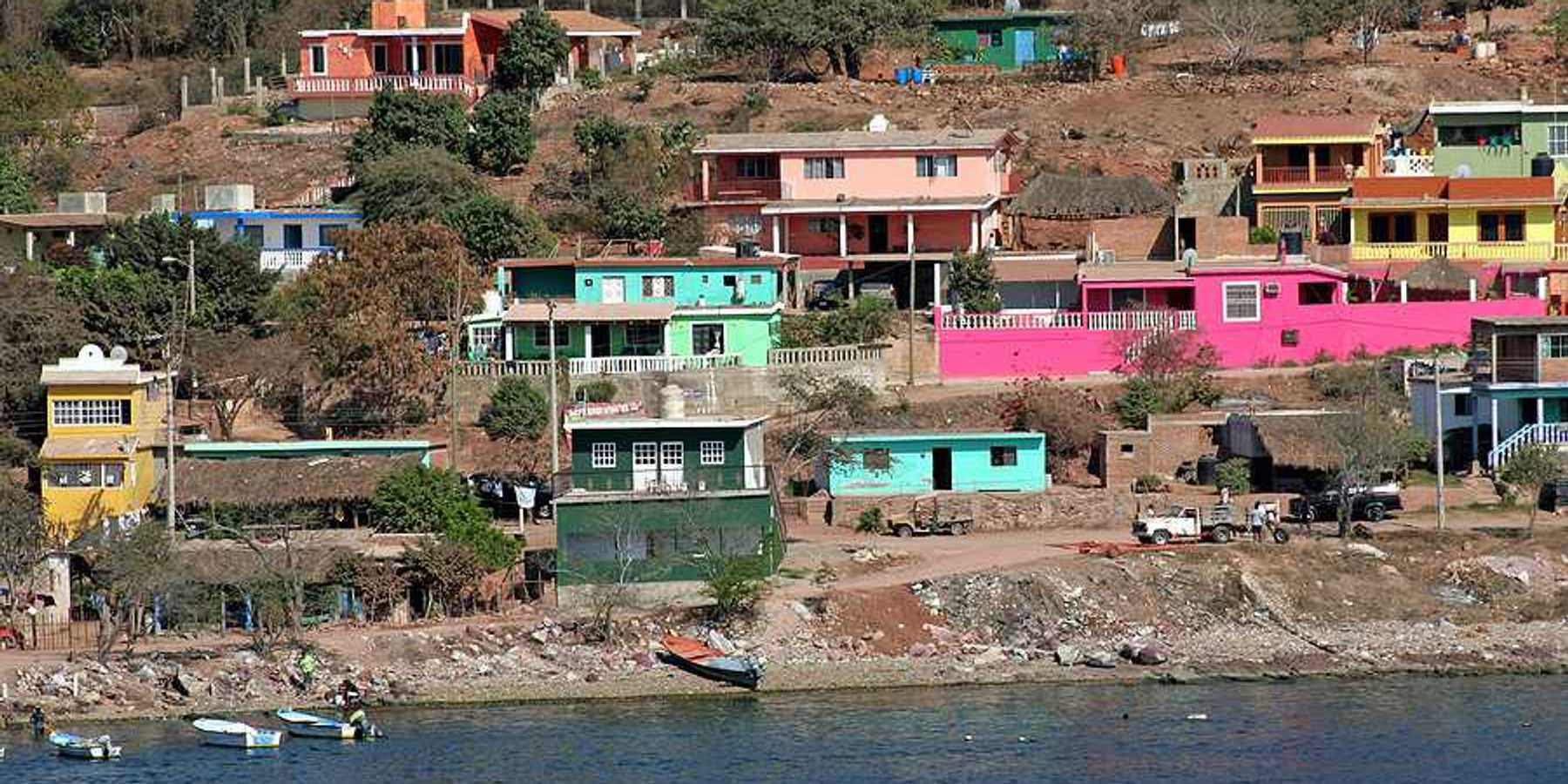
From runway to reactor: a model makes nuclear power her cause
A former fashion model is swapping Instagram filters for fission rods, using social media to make nuclear energy digestible — and trendy — for mainstream audiences.
Madison Malone Kircher reports for The New York Times.
In short:
- Isabelle Boemeke, a Brazilian model, runs the social media persona Isodope, breaking down nuclear concepts with playful analogies like Legos and gummy bears to reach younger audiences.
- Her advocacy is paired with serious financial backing: She has invested in a nuclear startup and pledged $10 million toward nuclear initiatives, reflecting a broader push for expanding nuclear power in the U.S. and globally.
- Boemeke's husband, Joe Gebbia, works in the Trump administration’s Department of Government Efficiency and is a close friend of Elon Musk’s.
- Critics caution that her influencer approach obscures the risks of nuclear waste, which remains lethal for hundreds of thousands of years, and question the motivations behind glamorizing an industry with serious safety concerns.
Key quote:
“If nuclear power were clean, if it didn’t leave waste that is lethal for the next 240,000 years, we would be fine with it.”
— Linda Seeley, vice president of Mothers for Peace
Why this matters:
Boemeke has a clear stake in the industry. She is investing in nuclear startups and pledging $10 million to push the technology forward. Critics warn that turning reactors into influencer content risks glossing over the dark side: radioactive waste that can remain deadly for hundreds of thousands of years, lingering questions about power plant safety risks, and whether style is trumping substance in the nuclear debate.
Read more: Peter Dykstra: Past deadline and over budget, nuclear energy is struggling.













